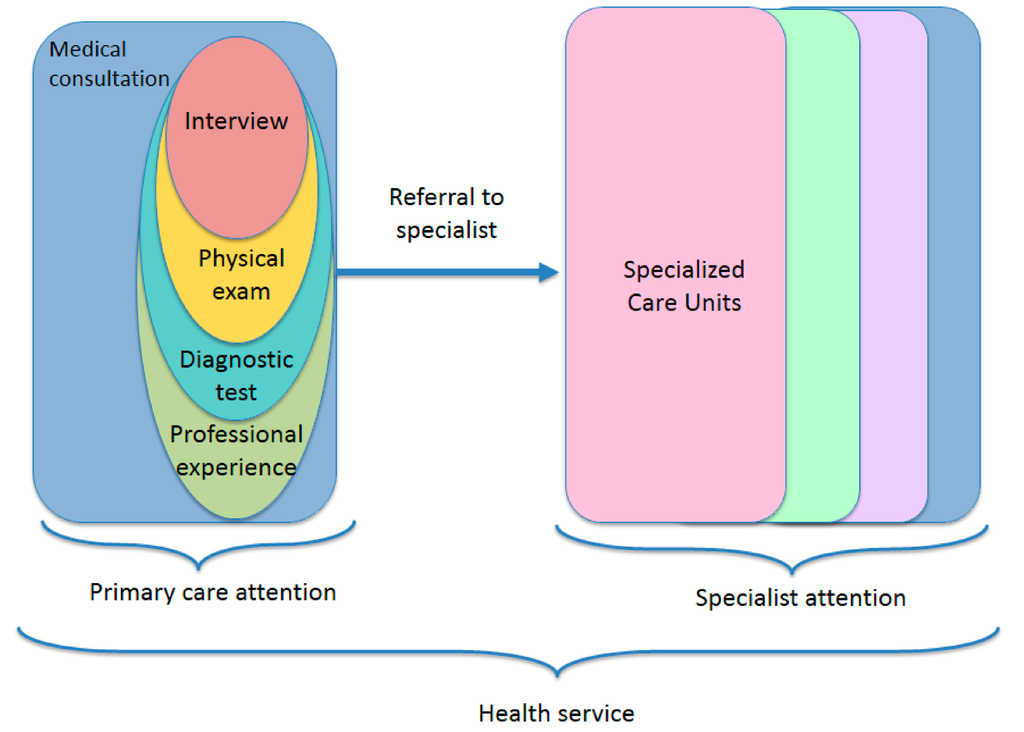
Please do not use this link to pre-pay samples that have not yet been completed. Additional hosts can include beavers, black bears, and.

Faculty and staff at Cornells Animal Health Diagnostic Center have helped. Winter ticks are a one-host species and usually affect moose, but may also infest elk, caribou, deer, and mountain sheep. Tick-borne illnesses are on the rise in the U.S., including Lyme disease.
CORNELL DIAGNOSTIC LAB TICK TEST SKIN
If you have an invoice for work completed, and you wish to pay the sample fee(s) by credit card, please use the following secure link to make a payment. Dermacentor albipictus, commonly known as the winter tick or moose tick, is an external parasite that attaches to the skin and feeds on the host’s blood. Questions? Contact the staff of the CU-PDDC via Email or see our sample submission instructionsįor Clinic fees, please go to the " Fees" link to see the current fee schedule and all the services offered. If a discussion with the plant disease diagnostician is needed or to determine best submission options, please communicate by emailing Sandra Jensen at plant disease emergencies or if you are a state regulatory official or NEPDN diagnostician, please contact Karen Snover-Clift at (607) 227-0397. We will still accept plant samples during this time, but will do so via US Mail and express delivery services. (ILINK) to Web Translator (University of Georgia CVM) Image Lab Gallery (Cornell University Veterinary School). Cornell’s buildings may not be open to the public, including the Plant Science Building. During this period, the PDDC staff will work remotely at times.


In an effort to do our part to limit the person-to-person spread of COVID-19, the Cornell Plant Disease Diagnostic Clinic will not adhere to standard business hours. Welcome to the PDDC home page! Please Note! When specialized tests are necessary, we use the best referral laboratories including Idexx, Antech, Cornell Diagnostic Laboratory, Wadsworth Laboratory.


 0 kommentar(er)
0 kommentar(er)
